Distance vote: How Iranians abroad can partake in June 28 presidential election?
By Alireza Akbari
As the countdown begins for June 28 snap presidential election, Iranians both within the country and overseas are enthusiastically gearing up to cast their ballots and pass the mantle to the next president.
Six candidates are running for the top executive office of the country, having formally launched their election campaigns on Monday after receiving approval from the top election supervisory body.
The 12-member Constitutional Council, formerly known as the Guardian Council, approved the candidacy of parliament speaker Mohammad Baqer Qalibaf, senior lawmaker Masoud Pezeshkian, former nuclear negotiator Saeed Jalili, former interior minister Mostafa Pourmohammadi, head of the martyrs’ foundation Amir Hossein Qazizadeh Hashemi, and Tehran mayor Alireza Zakani.
The televised campaigns of presidential hopefuls have featured live interviews on state TV and pre-recorded presentations aimed at wooing voters with pioneering plans and visions for the country.
While relevant authorities are making hectic preparations in the capital Tehran and other parts of the country ahead of the scheduled snap vote, preparations are also afoor in other countries.
Iran's election headquarters announced on Tuesday, two days after the commencement of election campaigns, that Iranians living abroad will have access to 250 designated polling stations to exercise their franchise - in different countries.
WATCH: The professional and political backgrounds of the presidential contenders #IranVotes2024 pic.twitter.com/vzz7DxxelS
— Press TV 🔻 (@PressTV) June 10, 2024
Mohsen Eslami, the spokesperson for Iran's election headquarters, stated that these polling stations have been strategically established to facilitate the voting process for Iranians living overseas.
He noted that polling stations will be operational on June 28 both within Iran and abroad, adding that Iranian expatriates are instructed to bring their identification cards or valid passports to their respective Iranian embassies or consulates on election day to participate in the electoral process.
Alireza Mahmoudi, the director general of consular affairs at the Iranian foreign ministry, has been appointed to oversee voting for Iranians living abroad, as reported by IRNA news agency.
The issue of how Iranians in Canada and Saudi Arabia would cast their ballots in the upcoming presidential election has been a topic of debate due to unique situation facing Iranians there.
Nasser Kanaani, the spokesperson for the ministry of foreign affairs, during his weekly press conference on Monday, said the ministry is actively working to create conducive conditions for eligible Iranians residing abroad to engage in the electoral process.
He highlighted the challenges faced by Iranian nationals in Canada, noting that the Canadian government's uncooperative stance has obstructed Iranians from exercising their fundamental rights.
He underscored the ministry’s commitment to addressing this issue and ensuring that Iranians in Canada and other Western countries have the opportunity to participate in the upcoming election.
Iran releases names of qualified candidates for June 28 snap presidential election#IranVotes2024@drpezeshkian@DrSaeedJalili@GhazizadehSA@mb_ghalibaf@arzakani4 pic.twitter.com/pJ4WkWUqap
— Press TV 🔻 (@PressTV) June 9, 2024
The foreign ministry spokesperson also addressed concerns related to Iranian pilgrims currently in Saudi Arabia for the Hajj pilgrimage, affirming that the matter is being closely monitored by officials.
The sizeable population of Iranians residing abroad underscores the importance of the foreign ministry's commitment to facilitating access to the rights of Iranians living outside their homeland.
Askar Jalalian, deputy director of international affairs and human rights at the ministry of justice, recently referred to official statistics indicating that approximately five million Iranians reside overseas.
Unofficial figures, however, suggest the number of Iranians living abroad may exceed 10 million.
According to the Secretariat of the Supreme Council of Iranians Abroad, the distribution of Iranians residing in foreign countries is as follows: 30 percent in the US, 12 percent in Turkey, and 12 percent in Canada.
Additionally, about 10 percent reside in England and the UAE respectively, with 6.5 percent in Germany.
A smaller proportion of 2.4 percent of Iranians live in Sweden and Australia each, while France is home to 2 percent of Iranians.
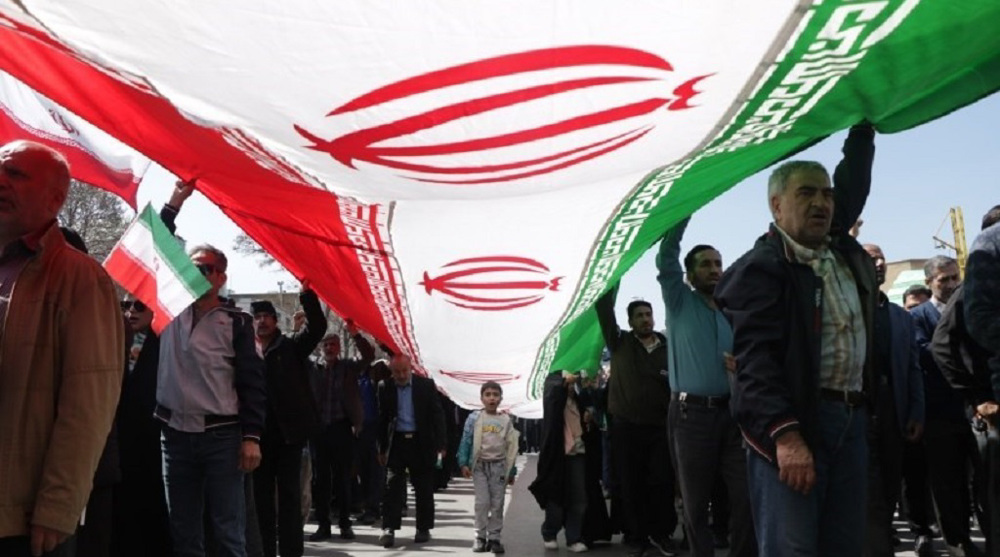
United in defense: Iranian civil activists warn US against war
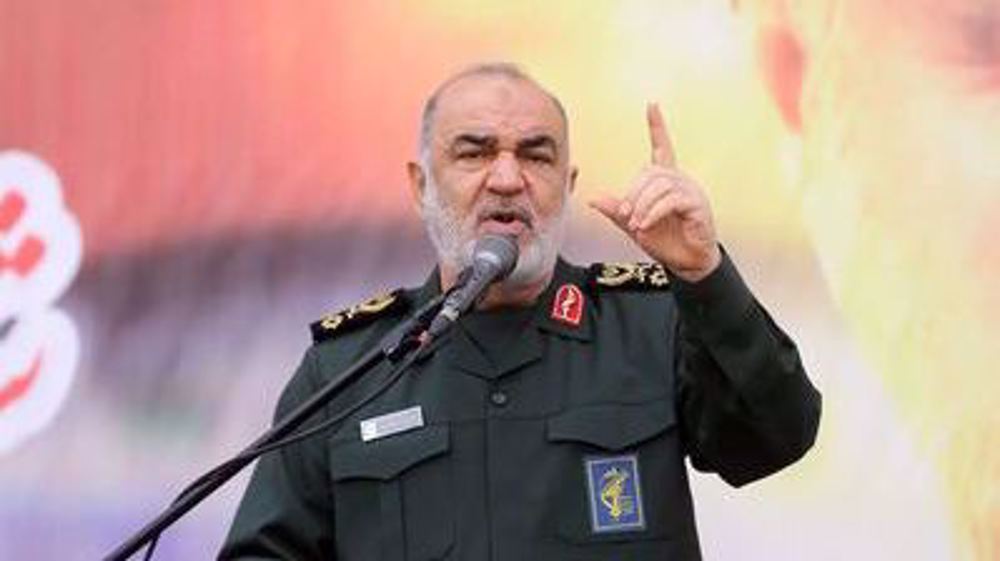
IRGC chief: Iran knows war formulas needed to defeat enemy
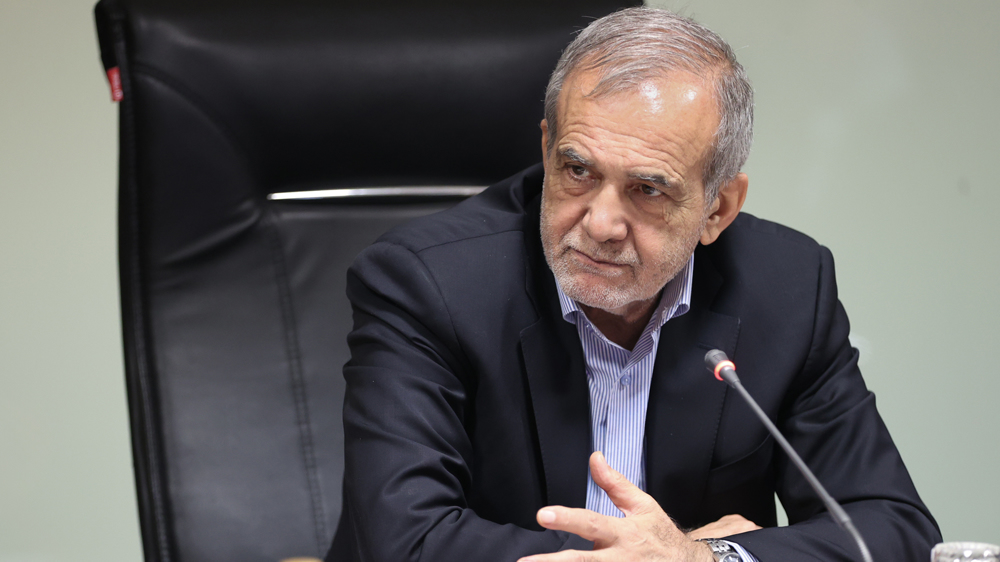
US threats contradict its calls for diplomacy, Iran open to talks on ‘equal footing’: President
Israel plans to cut off Rafah from rest of Gaza by establishing new corridor
Araghchi says no round of talks held between Iran and US
Rocket barrage launched from Gaza strikes Israeli port of Ashdod
Iran’s gas oil production up by over 8% in H2 last calendar year
VIDEO | Press TV's News Headlines
Rafah 'wiped off the map' by Israel's ethnic cleansing campaign
VIDEO | Yemen accuses US of targeting civilians in Eid airstrike
Iran posts $14.6bn trade deficit for calendar year to late March


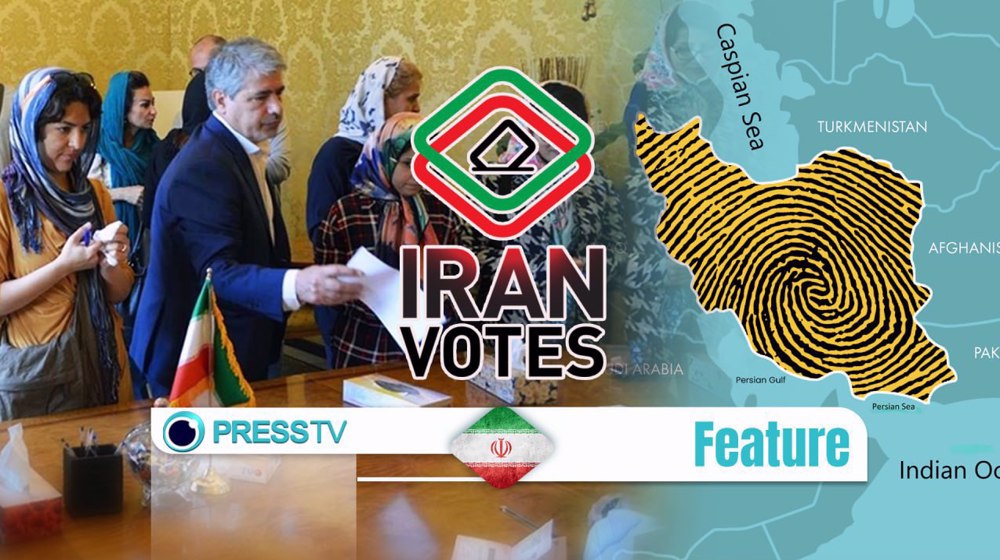



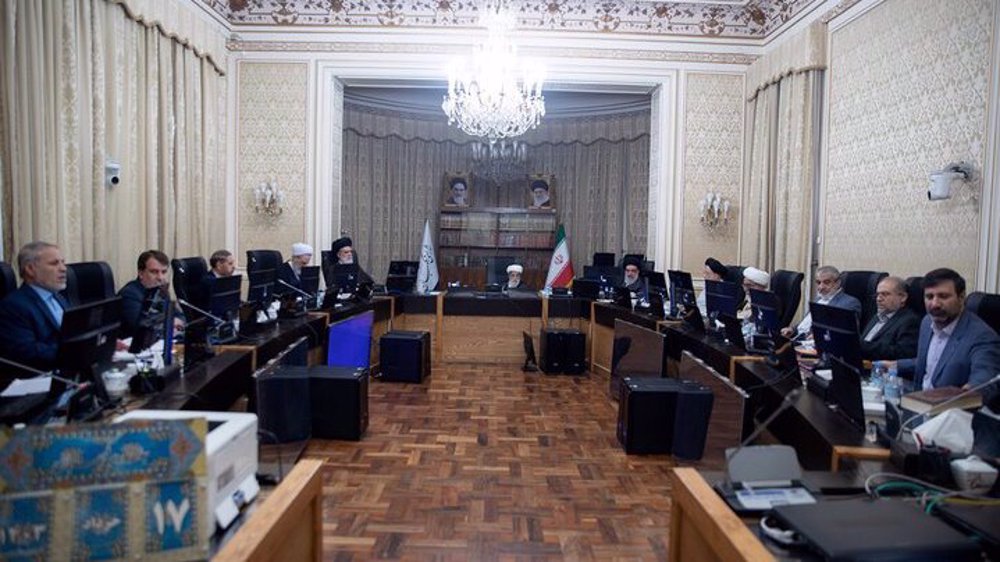
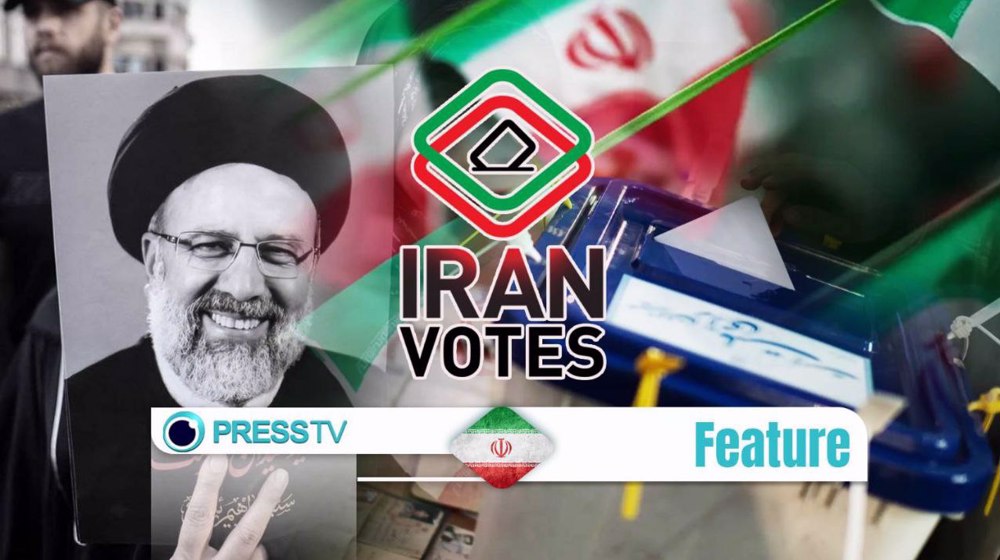
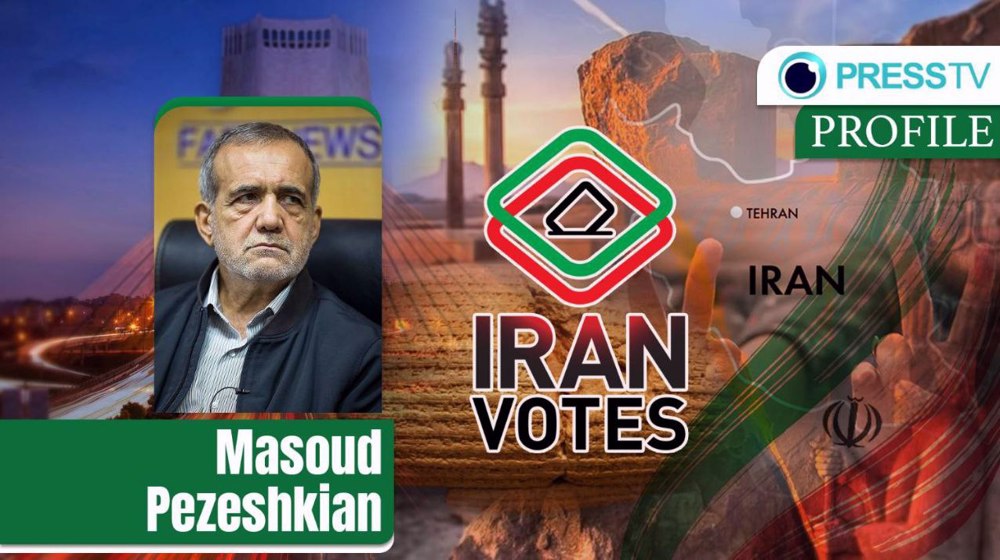
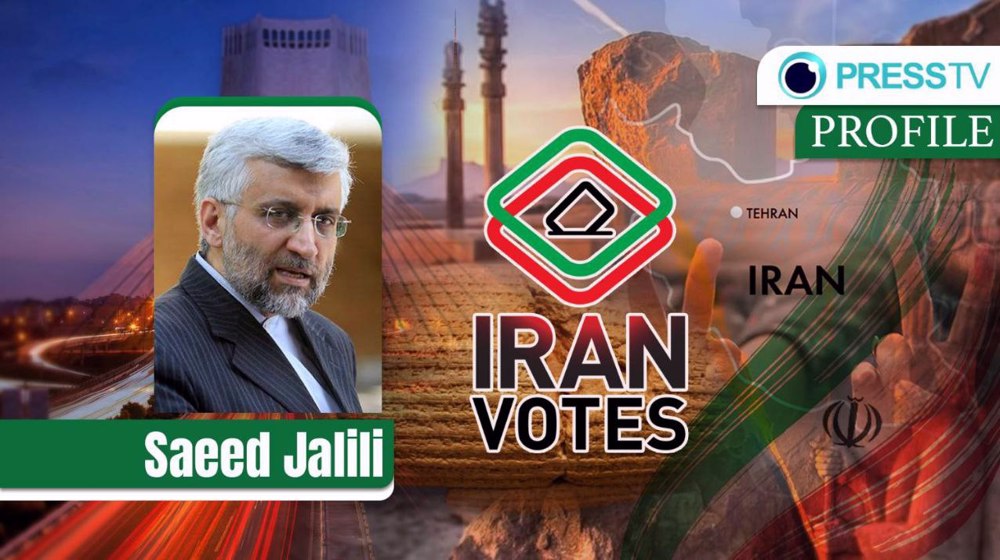
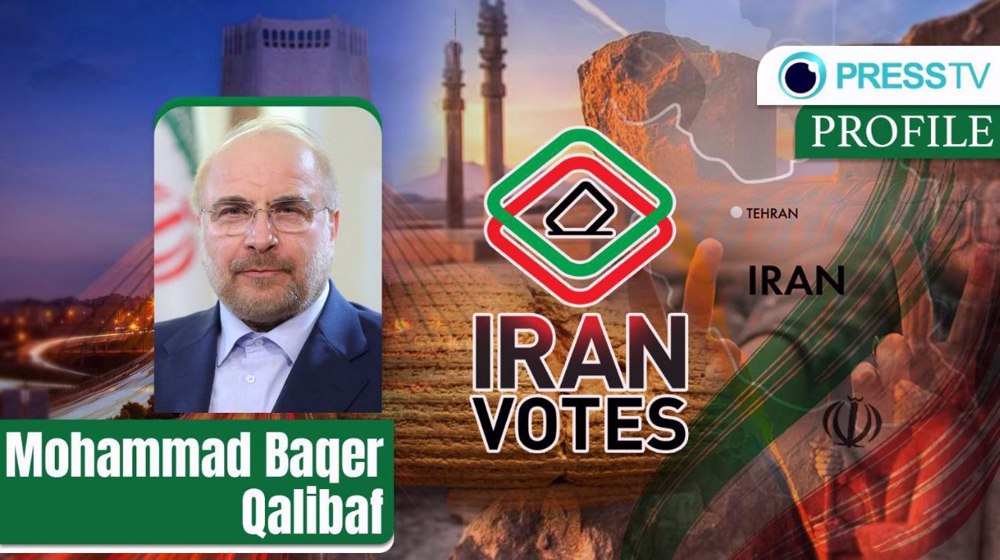

 This makes it easy to access the Press TV website
This makes it easy to access the Press TV website